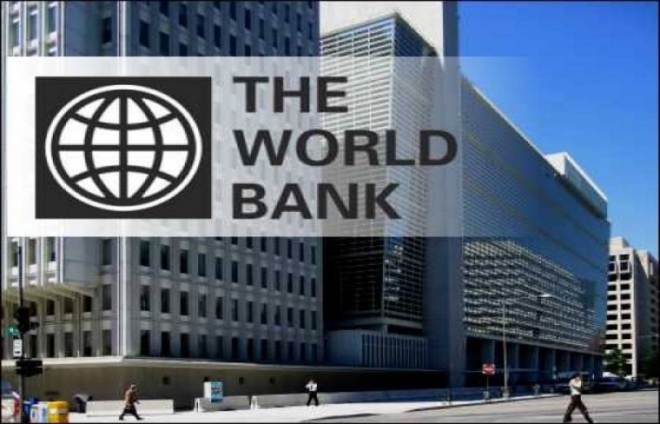The rate of youth underemployment in Ghana is almost 50%, higher than the Sub-Saharan Africa's average.
According to the World Bank, the challenge of youth unemployment is partly a reflection of the broader job challenge in Ghana, as the youth faces a more acute problem.
The report said Ghana’s economy provides insufficient quality job opportunities for workers with low skills.
As such, the country has not followed the traditional path of manufacturing-led development.
Between 1990 and 2018, high productivity services contributed more to structural transformation than manufacturing.
“Since 2010, Ghana experienced a manufacturing employment ‘renaissance’, but with very low productivity”.
The report pointed out that the educational and training system is not producing the skills needed by the economy. This is a manifestation of the quality of education and the weak link between education and the productive sectors.
“Ghana’s labour force is characterised by falling participation rates and low levels of educational attainment”.
It added the youth who venture into self-employment and entrepreneurship face additional constraints.
Furthermore, the report said Self-Employment and Underemployment Remain huge challenges in the country, adding, the “Decent work” agenda which has been adopted widely and promoted in Ghana to curb underemployment is yet to see gains.
Meanwhile, 69% of those working are either self-employed or a contributing family worker, whiles 25% are wage employed.
COVID-19 and its impact on youth employment
The report said COVID-19 pandemic escalated the overall unemployment challenge, including youth unemployment.
In the first three months of the crisis, 77% of the population reported a decline in household income, with many not being able to work due to closures.
In 2022, 68% of households shared that their incomes had not recovered to pre-COVID-19 levels.
According to the Association of Ghana Industries, 42,000 people lost their jobs in the first two months of the pandemic in Ghana.
The tourist attraction sector of the country alone lost $171 million in the past three months due to the partial lockdown and closure of tourism and hospitality centers in the country.
Latest Stories
-
PharmD house officers sue government over 12-month unpaid allowances
18 mins -
JoyNews National Dialogue on Clean Air set for November 26
37 mins -
National Cathedral: A-G must probe and surcharge if he finds breaches – Domelovo
53 mins -
National Security Ministry denies involvement in abduction of Sylvia Baah
57 mins -
Tears and pleas: Mpohor queenmother sobs over galamsey, poor roads during Mahama visit
1 hour -
Personal and political interests disrupting power sector – IES
2 hours -
Kumasi to host Joy Prime’s Big Chef Tertiary S2 finals
2 hours -
KOD hints at releasing an album before he turns 50
2 hours -
2024 Election: NDC accuses NPP of printing fake ballot papers
2 hours -
A democracy that fails to solve its own problems is a questionable democracy – Dr Muhammad Suleiman
2 hours -
Our fight against corruption is more talk, less action – Mary Addah
2 hours -
CHRAJ report settles matters against Kusi Boateng – Lawyer
2 hours -
Growing dissatisfaction with democracy demands citizen-centered governance – Mavis Zupork Dome
2 hours -
Ghana’s Democracy: Choices, not elections will drive change – Benjamin Offei-Addo
2 hours -
PRESEC-Legon marks 86 years with launch of groundbreaking AI lab on November 30
3 hours

